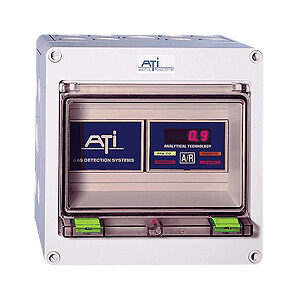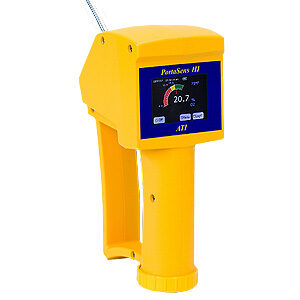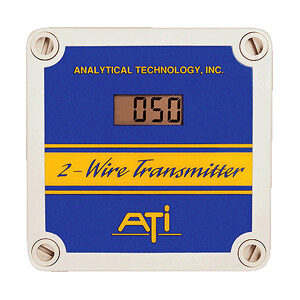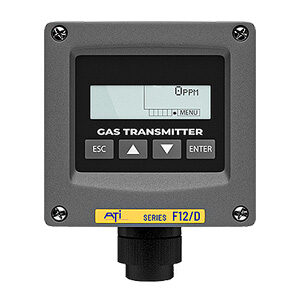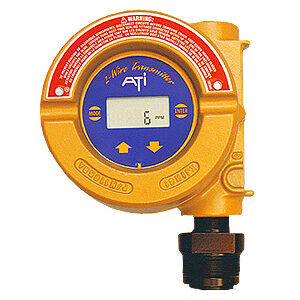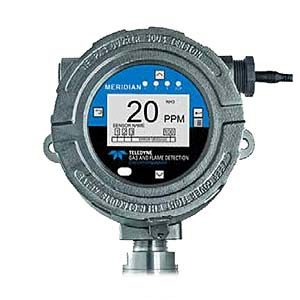
Meridian Universal Gas Detector Teledyne The Meridian Universal Gas Detector is one detector with global approvals and a plug-and-play design, for toxic and combustible gases including; Chlorine, ClO2, Methane & 57 other gases. Call Contact Description Specification Application Options F.A.Q…


